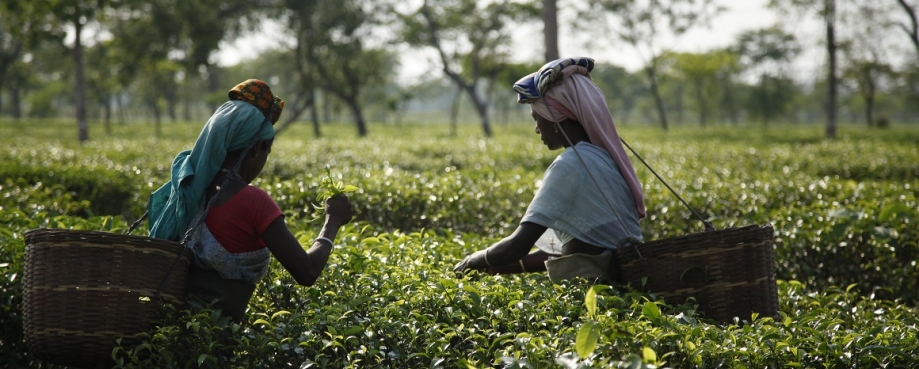One passage that really stuck out to me was, “Jenkins agreed with the view of the necessity of imported labour and particularly referred to the facilitation of migration of the ‘more industrious races of Chota Nagpur or elsewhere’ as a potential remedy. This was an apparent allusion to the ‘labour solution’”(Varma 2017 page 23). Varma discusses plantation labor in Assam and how Assamese plantations required workers from different cultures. Varma’s argument might be that the Assamese plantations required a multitude of workers and cultures in order to increase tea production in India. Another reason why this passage resonated with me is because the author used a term like “industrious race” instead of “coolie,” which has been flagged as a derogatory term against workers or farmers. Not only does this term help provide respect and credibility for the tea workers, but it also helps to emphasize the impact that they had on Indian tea production. Varma then goes on to discuss the process of labor importation and its impacts which contribute to his argument. Something else he mentions that builds onto the theme of this passage is that the superintendent used Jenkin’s idea of imported workers and superior race to show that he has power over the plantations (Varma 2017 page 26). The superintendent used the idea of superior race to justify that he should have full control of the plantations. As a result, workers overworked the plantations and suffered from discrimination against other races. While this may counter argue Varma’s point that the laborers need to be respected since the superintendent wanted full control of the plantations, using this quote emphasizes that it was because of the maltreatment they experienced why they need more respect and credibility. This quote builds upon the previous passage about Jenkin’s theory of imported labor because it shows that the superintendent needed various races in order to run and grow the plantations more efficiently, and it would be what the Assamese considered to be “superior race” that would determine which races should be imported into labor and exported from labor.
In my own writing, I should do something similar to what Varma did. There have been times when I would need two paragraphs with quotes that support my argument and one paragraph with a quote or two that supports a counterargument. I would need to explain how the quote supports a counterargument and why it is not as strong as the evidence that supports my argument. This is an important skill because it helps you see another perspective and gives you a chance to explain why the evidence is inaccurate or accurate but whether or not it is strong enough to support the counterargument. As a result, you can use evidence to support your argument and explain why you think that the evidence you picked to support your claim is stronger than the evidence that supports a counterclaim that defends that counterclaim. This can help engage the reader and teach him/her/them/etc about history and why it’s important to know history and understand it accurately. We do not want to misguide the reader into believing in false facts or misinterpretation of history and the beliefs of the people involved.

Works Cited
Ethical Trading Initiative. 2017. https://www.ethicaltrade.org/blog/life-dignity-long-overdue-assams-tea-workers
Varma, N. 2017. Coolies of Capitalism: Assam Tea and the Making of Coolie Labour. “Tea in the Colony.” Retrieved from Jstor, https://www.jstor.org/stable/j.ctvbkjv0z.4